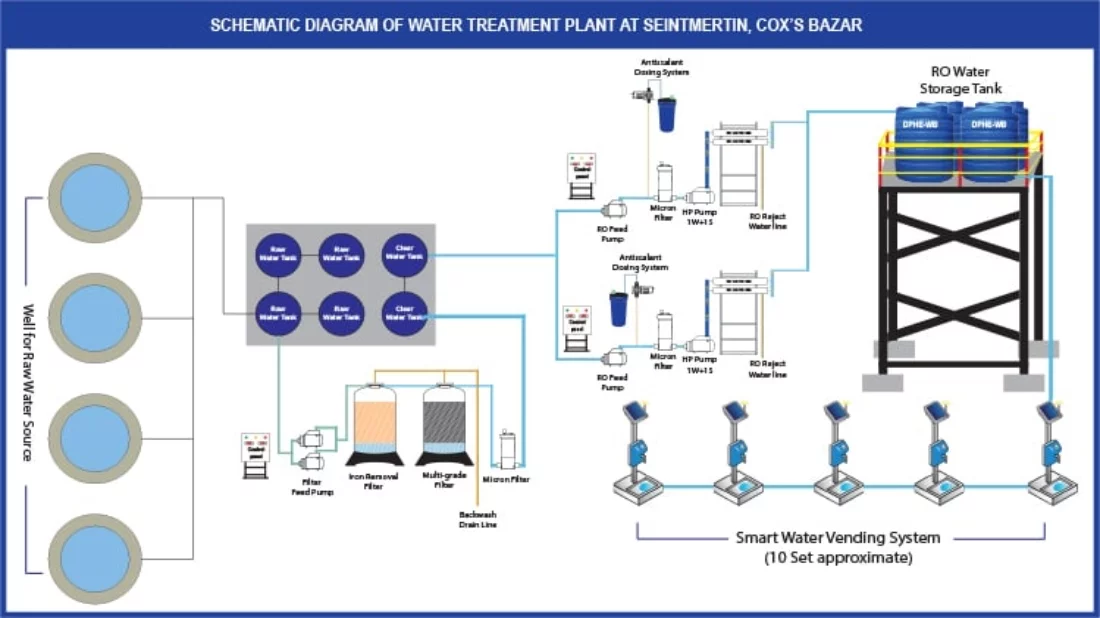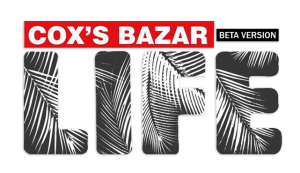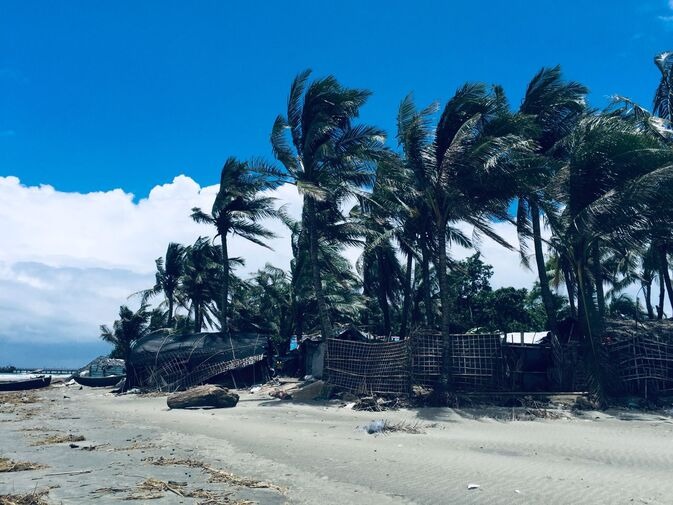The government of Bangladesh has initiated a groundbreaking project to ensure safe drinking water on Saint Martin’s Island and to move away from plastic bottled water.
Moreover, a cutting-edge plasma reactor system will generate electricity from waste, enabling the island to embrace integrated waste management. This innovative project aims to safeguard the island’s unique environment and biodiversity while addressing waste management challenges.
This initiative will introduce environmentally friendly waste collection systems and provide residents with water using ATM-style cards, enabling them to collect purified water conveniently. The World Bank, in collaboration with the Bangladeshi government, is funding the project to curb environmental pollution and safeguard marine life, including corals.
Tackling Pollution and Waste Management
The Department of Public Health Engineering (DPHE) in Cox’s Bazar reports that Saint Martin’s Island, home to 1,700 families and approximately 8,000 residents, generates two tons of human waste and two tons of solid waste daily.
During the peak tourist season, an additional 2,000 tourists contribute four tons of plastic bottles, wrappers, and other non-biodegradable waste, which poses a significant threat to the island’s fragile ecosystem and marine biodiversity.
In response, the government has launched the “Faecal Sludge and Solid Waste Management System” project. Divided into two phases, the initiative has been contracted to three companies: Turn Builders, Green Dot Limited, and Water Birds Limited.

Advanced Water and Waste Solutions
Assistant Engineer Abul Monzur from the DPHE explained that the project will employ advanced purification methods, including rainwater harvesting, groundwater treatment, and surface water purification (aerobic treatment). Prepaid cards will distribute the purified water to residents, reducing their reliance on plastic bottles.
The initiative will also feature a specialized laboratory for water quality testing, eco-friendly operational buildings, and two international-standard public toilets.
Regarding waste management, the project incorporates a plasma reactor system to process human, medical, solid, and plastic waste. This is Bangladesh’s second integrated waste management facility, and this method positions the country as the third in the world to generate electricity from waste.
The Rohingya camps in Ukhiya, Cox’s Bazar, successfully conducted the pilot phase, paving the way for this initiative.
Environmental Significance
“The project will play a crucial role in maintaining the ecological balance of Saint Martin’s Island,” said Assistant Engineer Abul Monzur. Scheduled for completion by June, the initiative promises to significantly enhance the island’s waste management capacity while contributing to environmental preservation and sustainable development.
By Abdur Rashid Manik
Photo: Polash Shikdar










